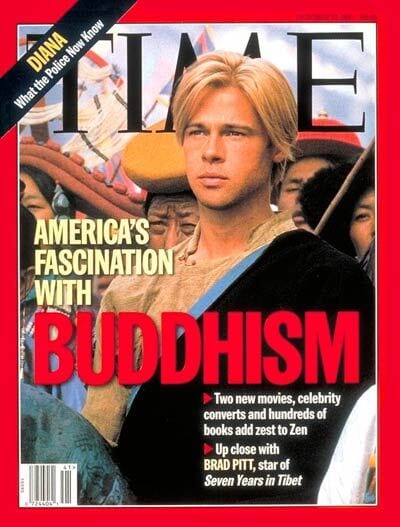| | | | In recent weeks, the Trump Administration has ordered or promised to deploy National Guard troops into several American cities. While there is a long history of using the military to police U.S. cities, this deployment has a close parallel to a time just prior to the Revolutionary War. As Donald Johnson writes in Made by History, King George III deployed redcoats to the North American colonies in the 1760s to enforce British law and intimidate those who would resist the king's rule. Initially, the occupation brought calm, but over time colonists came to resist this disruptive show of force. Even those loyal to the crown did not enjoy living under military occupation, and soon they not only questioned their allegiance, but rose up in defiance. As Johnson argues, such military occupations can backfire, alienating even supporters of the regime. | |
|
| | | | | | | | | | | | | | | This week in 1966: Walter Cronkite |  | The Oct. 14, 1966, cover of TIME |
| Robert Vickrey |
| "In a business where ulcers are an occupational disease, Correspondent Cronkite seems to have only one persistent worry: that he may be shrinking. 'When I was a young man,' he says, 'I could happily say I had achieved the American ideal of being six feet. Now I have to stretch hard to make it.' Retorts his wife: 'Nonsense, Walter has always been just a hair under six feet.' Whatever his height, Cronkite has earned top billing in a star system that rivals any in show business. Alongside him are Huntley and Brinkley; ranking just below are such newscasters and commentators as CBS's Sevareid and Harry Reasoner, NBC's Frank McGee, ABC's Howard K. Smith. Wherever they go, the stars are instantly recognized. When they cover a story, their presence makes a story in itself." |
|
| READ MORE » |
|
| | This week in 1973: War in the Middle East |  | The Oct. 15, 1973, cover of TIME |
| TIME |
| "Though both Egypt and Syria insisted that invading Israeli troops had started the war, the evidence clearly indicated that the fourth Arab-Israeli war in 25 years had been launched by a massive Arab invasion…At several synagogues, services were interrupted as the sextons stood up and called out the names of young men who were being summoned to duty; other worshipers, on hearing the news, quickly folded their prayer shawls and departed; some returned later, in uniform, to bid their families goodbye. That day, Israeli warplanes buzzed Israel's principal cities, perhaps as a signal for air force call-ups; but it was a curious occurrence, because planes had never flown over Israel during Yom Kippur before." |
|
| READ MORE » |
|
| This week in 1997: Brad Pitt and the rise of Buddhism |  | The Oct. 13, 1997, cover of TIME |
| David Appleby |
| "About halfway through Seven Years in Tibet, which will open Wednesday to considerable hoopla, Brad Pitt is trying to construct a building. But there is a problem. His workers will not dig a foundation, because they don't want to kill any worms. Why? As Pitt's character is informed: 'In a past life, this humble worm could have been your mother.'... Says Seven Years director Jean-Jacques Annaud of his film: 'Buddhism is everywhere.' And he is right. Pitt's hair shines with its usual otherworldly luster, yet it is upstaged by the inner glow of his Tibetan co-stars. 'I have to stay here,' the young Dalai Lama says when offered a chance to escape the Chinese. 'Saving others is my path to liberation.' Pitt's response is admiration mixed with yearning. Seven Years speaks to our own situation as outsiders, filled with angst and ego, looking for something different, listening for the sound of horns and chanting." |
|
| READ MORE » |
|
| | |
|
Comentarios
Publicar un comentario